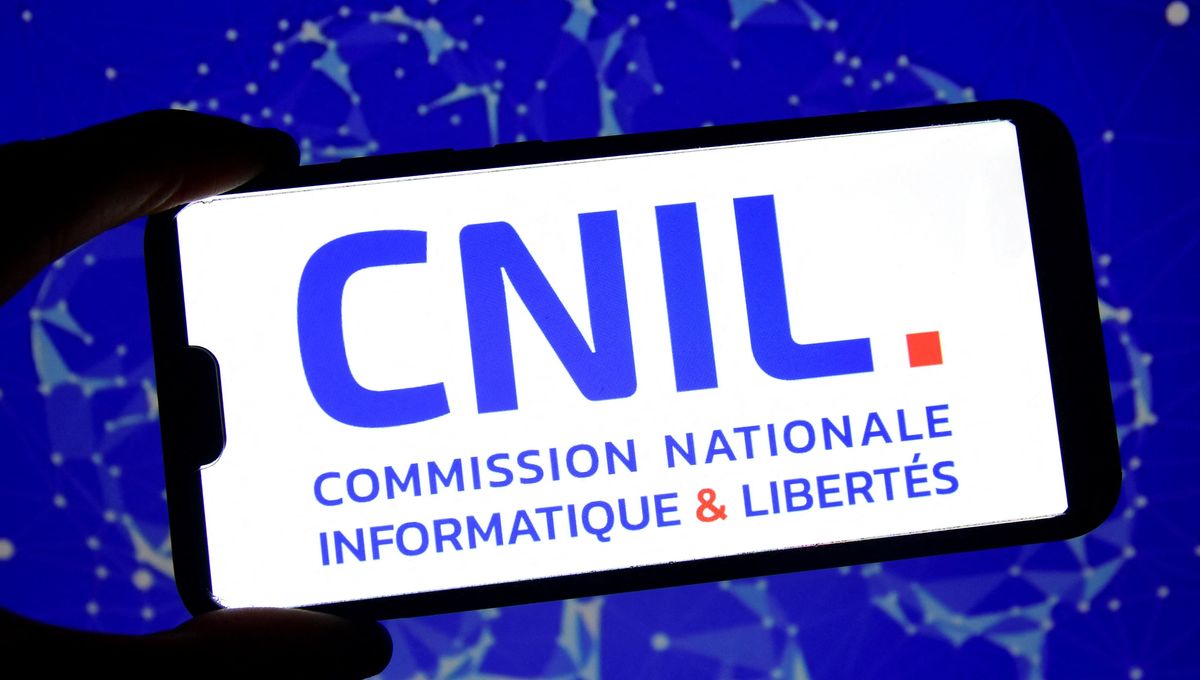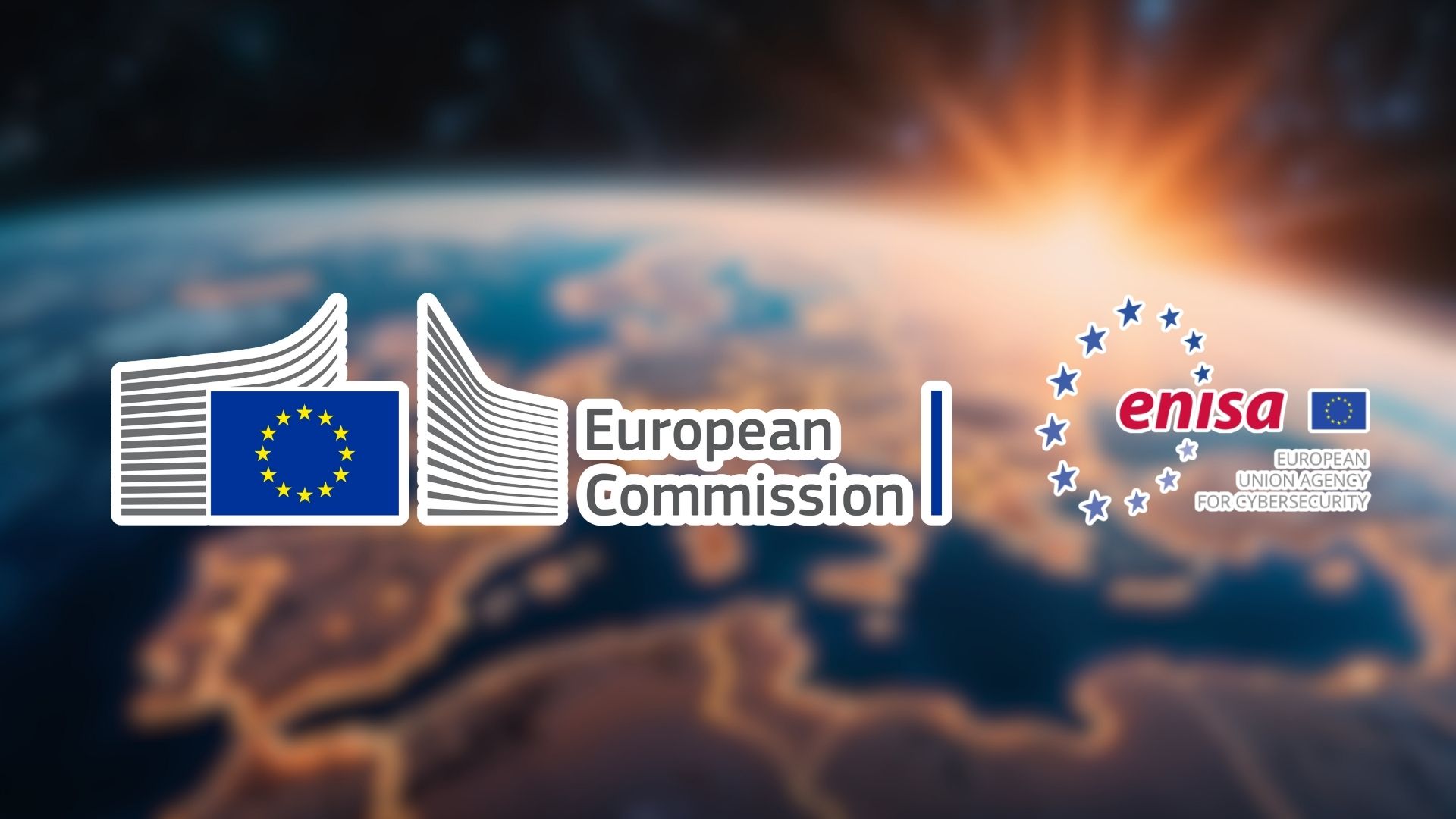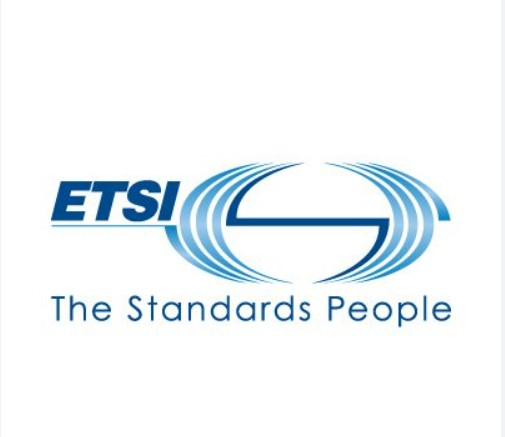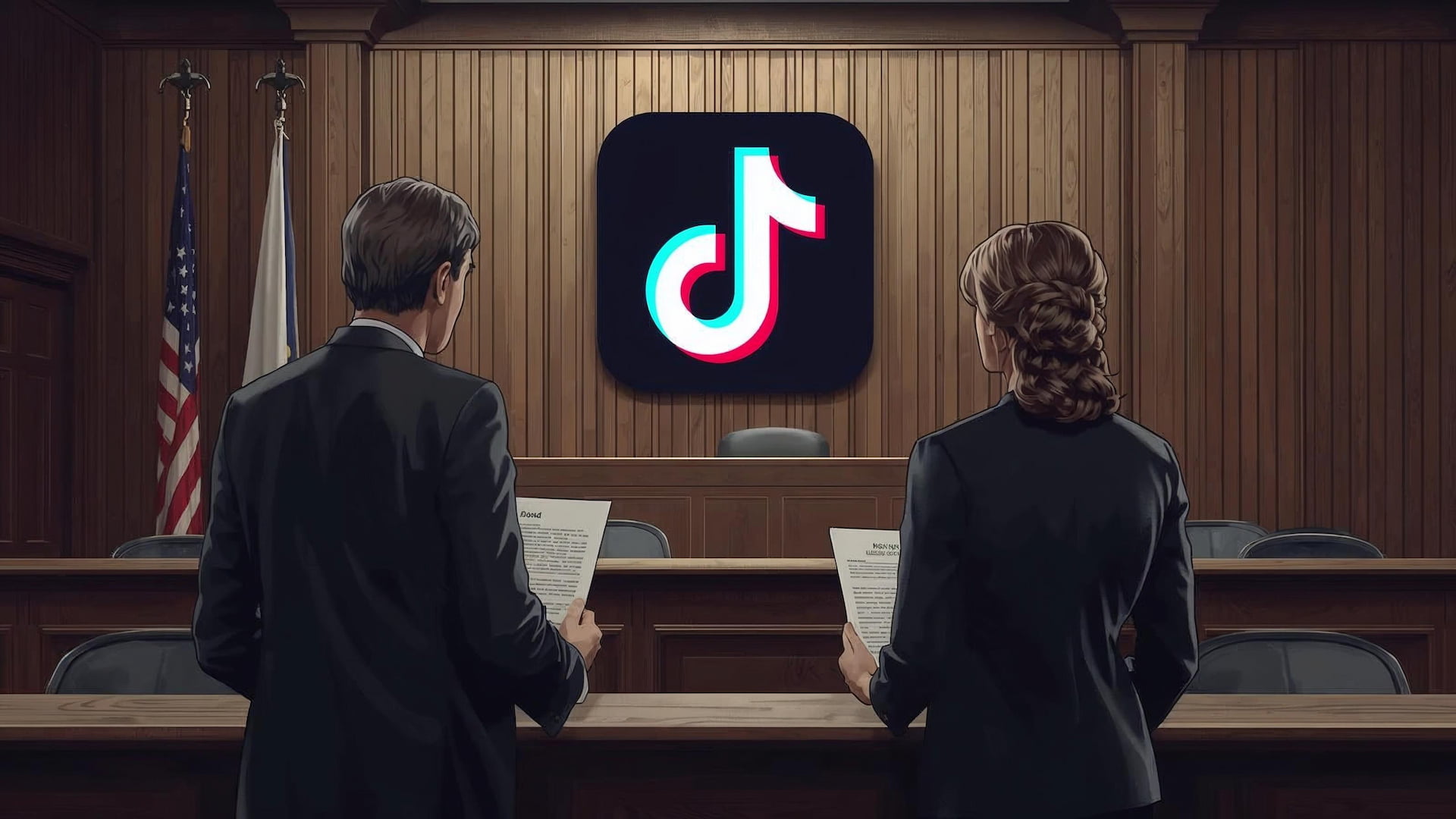A major data breach at Finnish psychotherapy provider Vastaamo exposed the private therapy records of around 33,000 patients in 2020. Hackers demanded bitcoin payments and threatened to publish deeply personal notes if victims refused to pay.
Among those affected was Meri-Tuuli Auer, who described intense fear after learning her confidential therapy details could be accessed online. Stolen records included discussions of mental health, abuse, and suicidal thoughts, causing nationwide shock.
The breach became the largest criminal investigation in Finland, prompting emergency government talks led by then prime minister Sanna Marin. Despite efforts to stop the leak, the full database had already circulated on the dark web.
Finnish courts later convicted cybercriminal Julius Kivimäki, sentencing him to more than six years in prison. Many victims say the damage remains permanent, with trust in therapy and digital health systems severely weakened.
Would you like to learn more about AI, tech and digital diplomacy? If so, ask our Diplo chatbot!










